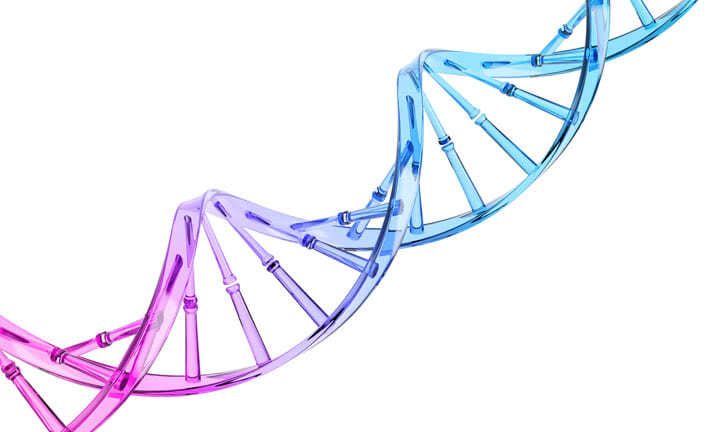
Min megy keresztül egy GYNEM donor?
Átfogó szűrési folyamat, amely magában foglalja:
- Teljes körű egészségügyi vizsgálat
- Mentális egészségi állapot
- Nőgyógyászati kivizsgálás
- Genetikai vizsgálat
- Fertőző betegségek ellenőrzése
- Családi anamnézis ellenőrzése
Életkor 18 és 33 év között
Az Ön által kért tulajdonságokhoz való előzetes igazítás

Bevezető értékelés
A szűrési folyamat egy bevezető interjúval kezdődik, amely során rögzítjük a potenciális donor alapvető adatait, például életkorát, iskolai végzettségét, származását, szakmai irányultságát, személyes érdeklődési köreit és fizikai tulajdonságait. Ezenkívül mérjük a petefészek tartalékot az anti MÜllerian hormon ( AMH) teszt segítségével, valamint átfogó egészségügyi állapotfelmérést végzünk, amely magában foglalja a teljes nőgyógyászati vizsgálatot és a családi kórtörténet áttekintését.
A mentálhigiénés szakember szintén ellenőrzi, hogy a jelölt mentálisan egészséges és kiegyensúlyozott - e, nincs - e kórelőzményében fizikai vagy érzelmi bántalmazás, valamint hogy teljes mértékben érti - e, mit jelent petesejt donornak lenni.

VÉR ÉS GENETIKAI VIZSGÁLATOK
Ezt követően a donor jelöltet vér útján terjedő fertőzésekre teszteljük, valamint rögzítjük a vércsoportját, Rh faktorát és vérképét. Ezután a jelölt egy genetikai klinikára látogat, ahol egy második konzultáción vesz részt. Ennek célja, hogy feltárjuk az esetleges genetikai rendellenességeket vagy betegségeket, amelyek előfordulhatnak a donor családjában.
A vizsgálatok kiterjednek a kariotípus meghatározására, valamint a connexin - ěž gén mutációinak ellenőrzésére, továbbá a cisztás fibrózisra, fenilketonuriára és spinális izomtrófiára való hajlam vizsgálatára is. További genetikai tesztek elvégzésére a személyes és családi anamnézis alapján kerül sor. Csak miután a jelölt sikeresen teljesíti az összes fent említett lépést, és kizárásra kerülnek a tesztelt állapotok és betegségek, fogadható el GYNEM donoraként.

A DONOROK GONDOZÁSA
A petesejt - adományozása során a donor és a petesejtek a legnagyobb gondossággal kerülnek kezelésre. A donor állapotát rendszeres ultrahangvizsgálatokkal és orvosaink általi ellenőrzésekkel szorosan nyomon követjük, hogy figyeljük a tüsszők fejlődését, és minden lehetséges intézkedést megteszünk a hiperstimulációs szindróma elkerülése érdekében. A petesejt leszívás napján a donor rövid hatású altatást kap annak érdekében hogy a beavatkozás során ne érezzen kellemetlenséget. A donor a beavatkozás után körülbelül két órán keresztül megfigyelés alatt marad, mielőtt kísérettel hazatérhet.

Az Ön donorja
Minden donorunk fehér bőrű nő, életkoruk 18-33 év között van. Bár jogi korlátozások miatt nem tudunk fényképet biztosítani az Ön donorjáról, kiválaszthatja a szem és hajszínét. testtömegét, magasságát és Rh faktorát. Ezeket a tulajdonságokat már azelőtt megismerheti, hogy párosítanánk Önnel a donort. A választás után további információkat is megoszthatunk, például a donor iskolai végzettségét, szakmai területét, személyes hobbijait és érdeklődési köreit.
Elsődlegesen a recipiens és a donor Rh faktorának egyezésére összpontosítunk, nem pedig a vércsoportjukra. Az Rh faktoron alapuló donorválasztás előnye, hogy rövidebb várakozási időt jelent, és szélesebb körű potenciális donorportfóliót biztosít, amely megfelel a pár fenotípusának. Nincs valódi orvosi indok arra, hogy a donor kiválasztását az öröklött vércsoport egyezésére alapozzuk. Az egyetlen ok erre az lehet, ha a pár nem szeretné, hogy a gyermek megtudja, hogy petesejtadományozás eredményeként fogant.

